

American civil rights leader Martin Luther King Jnr touched the world with his nonviolent activism and his enduring legacy is being celebrated for what would have been his 92nd birthday on Monday (January 18).
MLK, whose prolific civil disobedience in a cruel, segregated ‘United States’, gained favour among black Americans and contrastingly, notoriety with the elitist, power-laden white society.
The necessitous impact of his mission still rings true nearly 53 years after his untimely assassination. Our Today presents 5 interesting tidbits on the life and legacy of Martin Luther King Jnr:
1. Michael existed before Martin
The would-be human rights activist was actually born Michael Luther King Junior on January 18, 1929, a first name he’d voluntarily change when he reached 28. In fact, both he and his father changed their names in 1934 after King Snr returned from a multinational trip that culminated in Berlin, Germany—then swept by the rise of Nazism.
2. Enrolled in college by 15
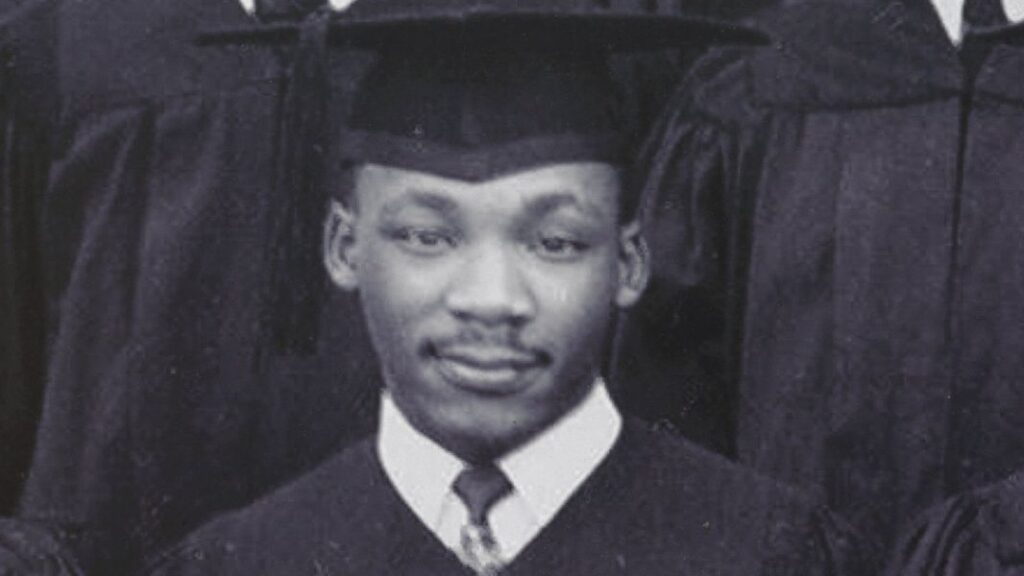
As World War II began taking its toll on black American enrollment figures, Atlanta-based HBCU Morehouse College allowed junior-year high school students to apply. A 15-year-old Martin Luther King Jnr, on his first attempt, passed the entrance exam and enrolled at the start of autumn 1944.
3. ‘The birth of a doctor’
Aged 26, King Junior received his PhD in June 1955 with a dissertation titled A Comparison of the Conceptions of God in the Thinking of Paul Tillich and Henry Nelson Wieman. The doctorate was brought under scrutiny in October 1991, after an academic inquiry by Boston University, which awarded the degree, concluded that portions of his doctoral dissertation had been plagiarised, which effectively accused Dr King he had acted improperly.
King’s doctorate was upheld as the committee argued the dissertation still “makes an intelligent contribution to scholarship.”
4. Thrust into (inter)national spotlight
Dr King’s civil rights legacy largely started with the December 1955 Montgomery Bus Boycotts. Springing into action after Rosa Parks’ arrest, King led the boycotts for 385 consecutive days, with the situation becoming so tense that King’s house was bombed and he was also arrested.
5. Eventful visit(s) to Jamaica
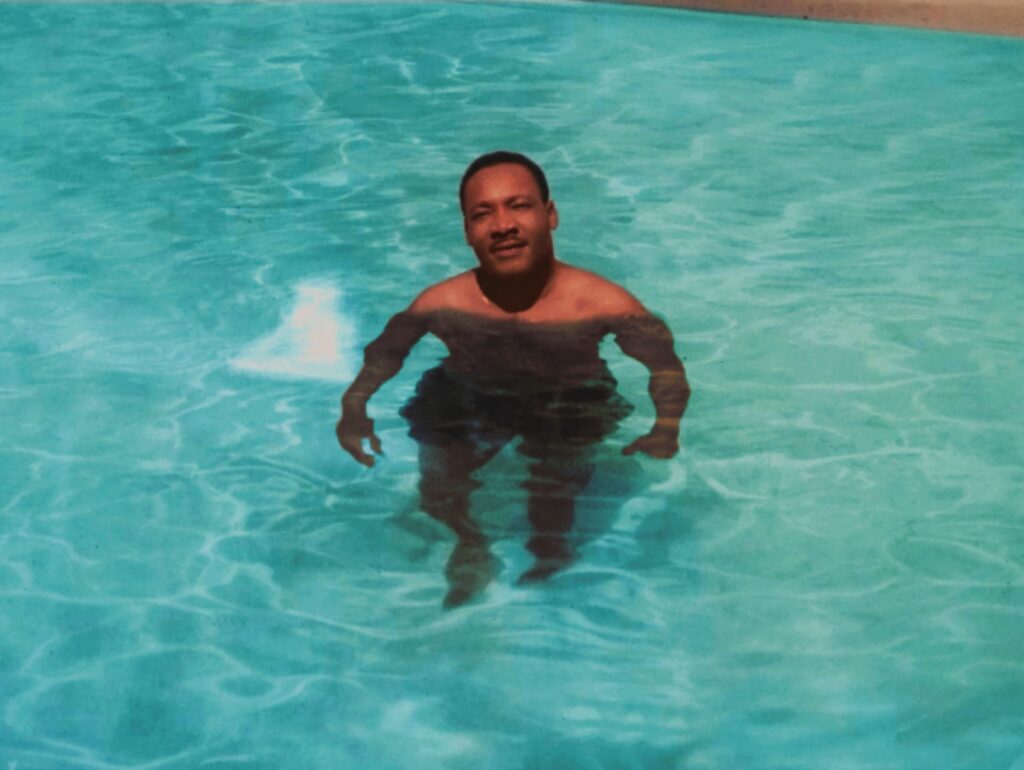
King spent a long period of 1967 in isolation, living in a rented residence in Jamaica with no telephone, composing his fourth (and ultimately last) book.
He was not a stranger to Jamaica, however, as King was specially invited to deliver a valedictorian speech at UWI on June 20, 1965.
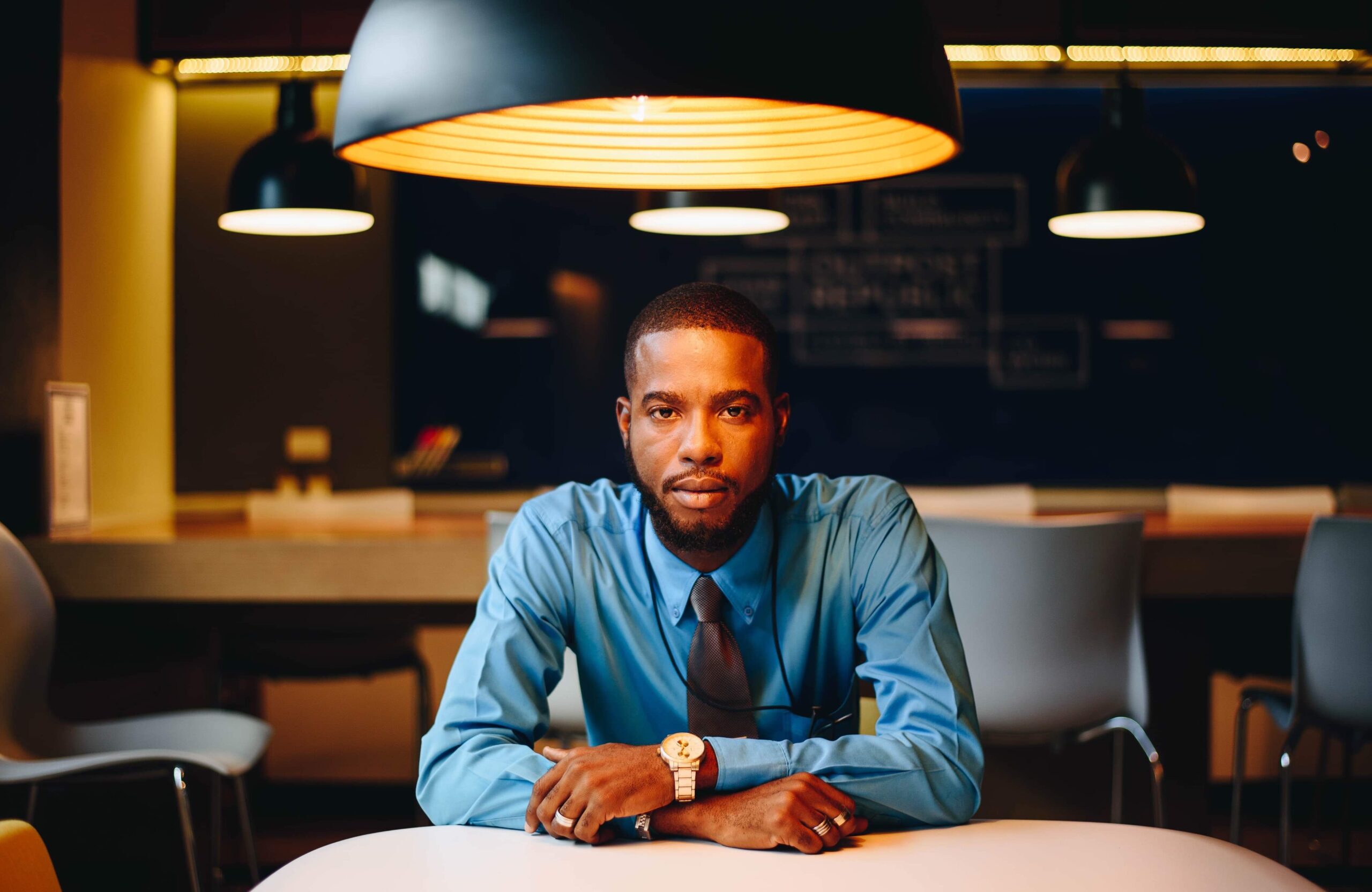
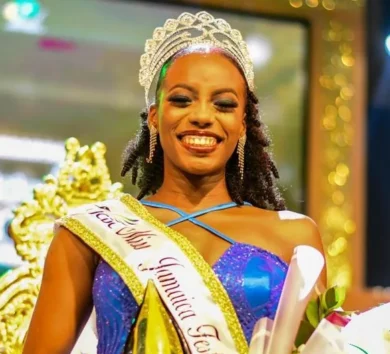
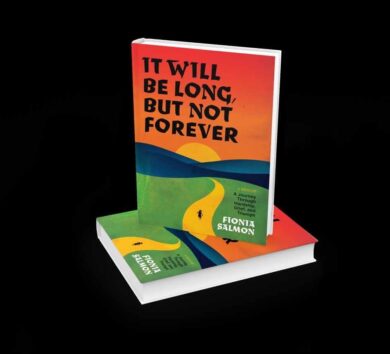
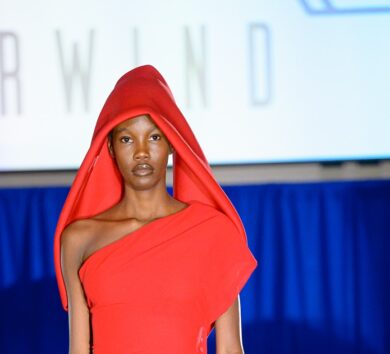


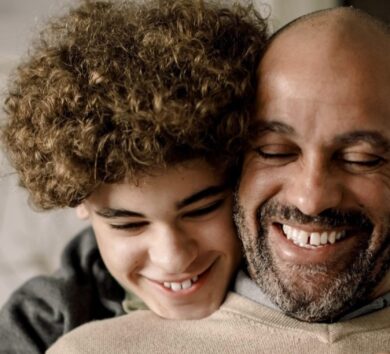
Comments